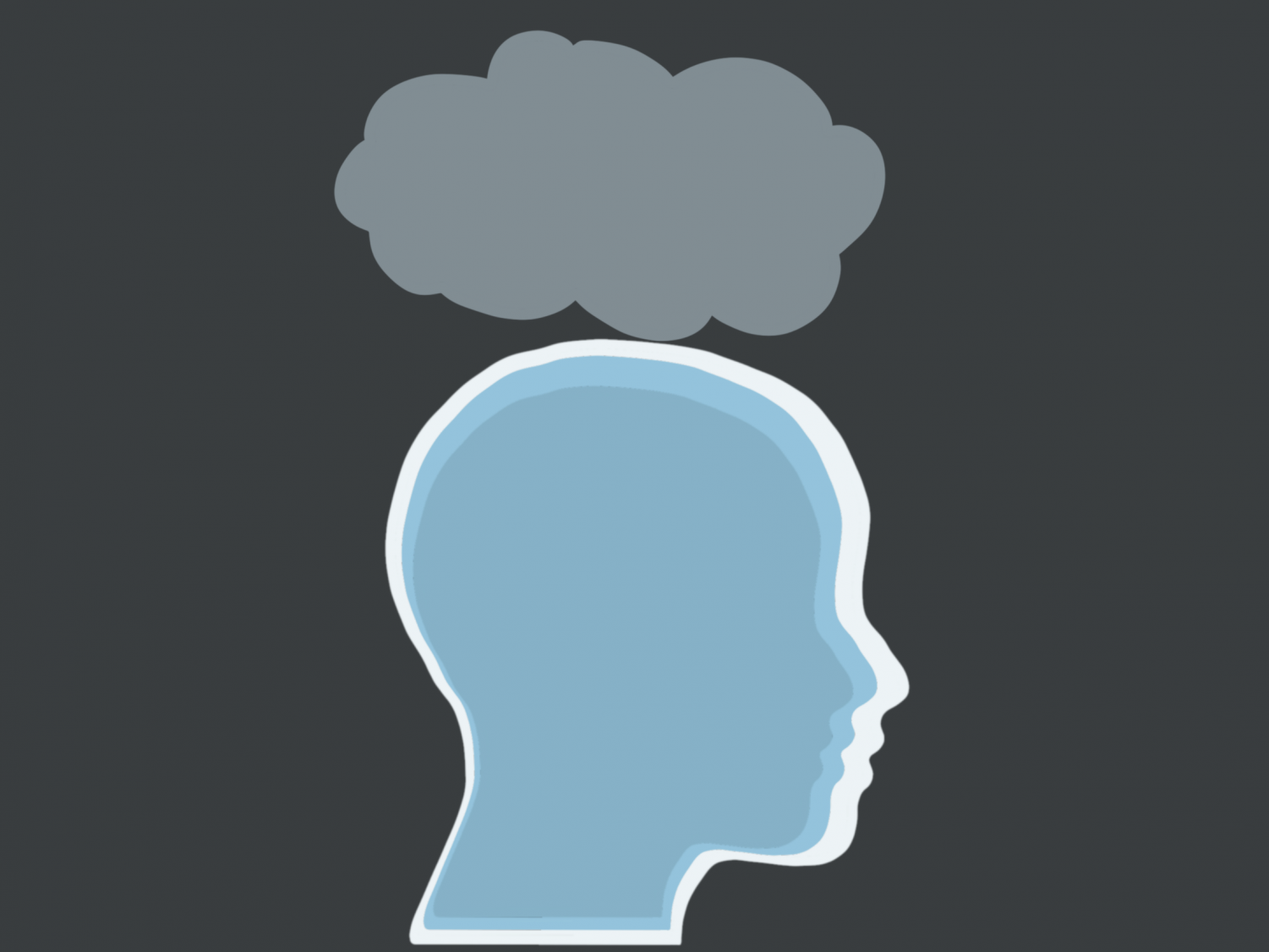Opinion | Mental illness shouldn’t disqualify you from employment


Every time I apply for a new job, I am faced with the same dilemma. I click to a screen full of conditions and am asked if I have one of the following disabilities. I am never sure if I should tell the truth, so I usually don’t.
This is the reality for most mentally ill people, as well as anyone with an invisible illness. Even though discrimination from employers based on mental illness is illegal, it definitely still happens and is a concern for any mentally ill person joining the workforce. As someone living with bipolar disorder, it’s certainly a concern for me.
While the conversation around mental health is improving by the minute, the sad truth is that the unemployment rate for those with mental illness has been high for a long time. A 2014 report from the National Alliance on Mental Illness showed an 80% unemployment rate for those receiving public mental health services — with an even worse rate in the state of Pennsylvania at 90.6%. While not everyone utilizes public mental health services, 1 in 5 Americans suffer from mental illness, adding up to around 43.8 million adults in a given year.
Thus, millions of people are often suffering from unjustified unemployment. Unfortunately, this stems from a cycle of issues that all perpetuate each other. Most people need jobs regardless of their health status, but those being treated for a mental illness are often paying therapists, psychiatrists and pharmacists for treatment in addition to their other expenses. In 2013, $187.8 billion was spent on mental health care in the United States. A lot of mentally ill people require disability accommodations, so perhaps they self-report that disability on their job applications. These applications can still be passed over in favor of other candidates due to the fact that those with mental illness are often viewed as unmotivated, bad under pressure and even potentially dangerous.
The part of this issue that saddens me the most is that having a job can improve mental health a great deal. I don’t want to sound like a capitalist drone, but having a job can give people a routine, a better sense of self-worth and friendship. Personally, having a steady job relieves a lot of my stress, gives my life structure and provides a support system, which I’ve found to be a great supplement to treatment.
On the opposite side of this issue, unemployment regardless of mental illness can lead to mental health problems. Studies show that unemployment, especially in the long term, can lead to increased depression and anxiety. It is also believed that greater financial responsibility worsens these effects, which brings us back to the fact that treating mental illness can be quite expensive.
Thus, mentally ill people need treatment and a way to pay for that treatment. They apply for a job to pay for their treatment, but often get passed over if they disclose that they’re mentally ill. Because of the stress of unemployment, their illness worsens, which can often necessitate more treatment and the cycle continues.
While it is easy to simply not disclose your mental illness, this comes with a whole new host of problems. Communication is very important in the workplace, and sometimes simple accommodations are necessary. For instance, I currently work at a very physical job that requires me to be able to lift approximately 50 pounds on occasion. If the day comes that I need to lift 50 pounds and can’t due to a physical condition that I didn’t disclose, then we’ll need to find another way to lift that 50 pounds. But if everyone at my workplace knows that I can’t lift 50 pounds, then we’ll already have a plan in place to lift whatever is necessary in a way that suits my limitations.
While most mentally ill people are able and willing to work, these disorders can still cause interruptions in what we view as “normal life.” I’m sure we’ve all heard the phrase “mental health day” — taking a day off work or school because of personal stressors — whether you’re mentally ill or not. This is why simply choosing not to report doesn’t solve the issue. I chose not to disclose my illness for a very long time, but despite my good work ethic and how much my job was helping me, I still missed a couple meetings due to manic and depressive symptoms and had to find another way to explain myself, which is a whole new level of stress.
Perception from others — especially given the very obvious stigma — is also a concern. When I was diagnosed with bipolar disorder, I thought that life as I knew it was over. I had seen my condition both sensationalized and vilified in the media for years prior to my diagnosis and was certain that I was about to join the cast of “Girl, Interrupted.” While I’ve realized now that I’m very capable of living a normal — if maybe more exciting — life, the problem is that many people still read the words “bipolar disorder” and picture someone frightening. But if we have more mentally ill people in the workplace who are allowed to be visible and accommodated, then these harmful perceptions will likely decrease with time.
This is why I think self-reporting should be an option that will never lead to rejection. When everyone is being honest and transparent about what they need, regardless of mental health status, a workplace is able to run smoothly and efficiently for everyone involved. Everybody needs to work, so businesses should support everybody, but currently they seem to prioritize physically and mentally able people.
To some people, it might seem like a no-brainer to prioritize abled people in the hiring process. Why would you want an employee you have to work harder to support? But by not hiring people with mental illness, or any disability, companies miss out on very intelligent and creative people. While I would never say mental illness is a good thing, when you have to struggle with something and work on yourself, you can look at things in a different way than other people can and form unique perspectives and ideas. I’m sure if you asked any company if they wanted all of their employees to think the same way, they would say no.
We need to make the workplace more accessible to those with mental illness. A chemical imbalance in the brain doesn’t make anyone less worthy of achievement. Breaking barriers between mentally ill people and employment is not only beneficial to employees, but it’s beneficial for companies too. When everyone is able to safely disclose their mental illness without fear of missing out on important opportunities, the world becomes a better place.
Alex is a senior theatre arts major with a creative writing minor. They primarily write satire. You can reach them at ard108@pitt.edu.
Recent Posts
Opinion | Duolingo: A beacon of hope or an agent of evil?
Duo was brutally plowed down by a shiny, ugly Tesla Cybertruck. By extension, Elon Musk…
Marcello Hernández fans fill WPU Assembly Room, and then some
On Monday night, comedian Marcello Hernández “came all this way” to Pitt, delivering a set…
97th Academy Awards post-mortem: Should we replace the Academy voters with a poll on Letterboxd?
While blockbusters like “Dune: Part Two” and cultural phenomena like “Challengers” dominated at the box…
Five years later: COVID-19 and quarantine’s lasting legacy in national and local health care industries
At the fifth anniversary of the COVID-19 pandemic, UPMC and Pitt Student Health Services reveal…
Column | DK Metcalf trade is reputation-defining for Steelers’ front office
At a turning point in the franchise, Pittsburgh Steelers fans were enthused when Omar Khan…
‘H2PinskyBudike’ ticket wins 2025 SGB election
Student Government Board announced election results for president, vice president, and board member positions and…

